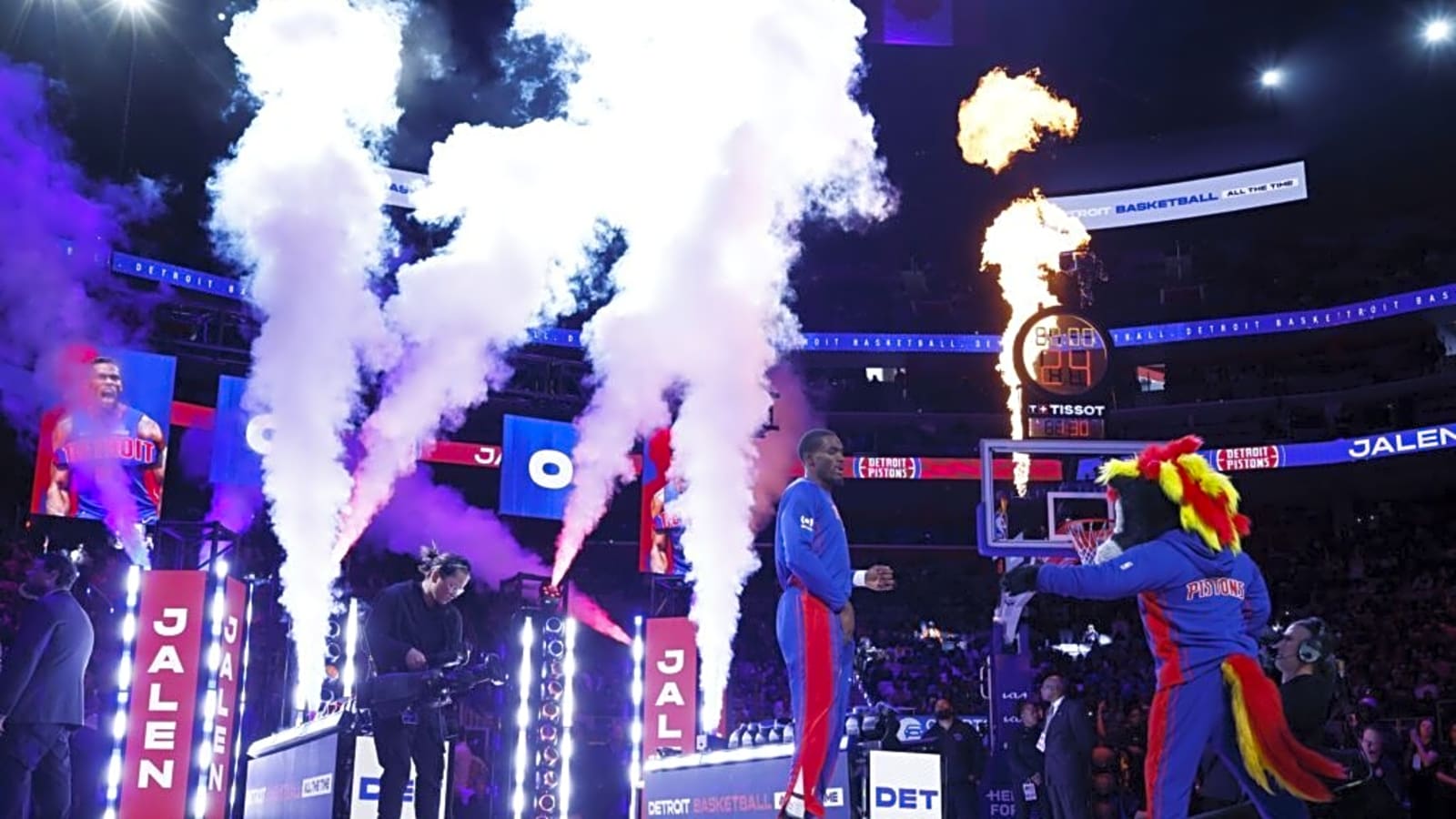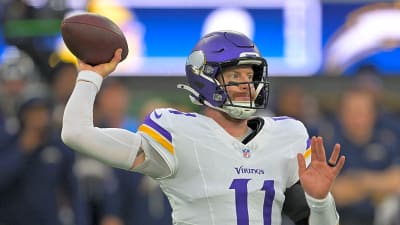
After a disappointing opening night loss to the Chicago Bulls, the Detroit Pistons are re-establishing themselves as bullies. In the midst of their two-game winning streak, the Pistons have picked up the intensity on both ends of the floor. It’s a style of basketball that J.B. Bickerstaff has engraved in this roster — one built on effort, defense, and discipline.
The change has been noticeable. The Pistons are attacking loose balls, setting hard screens, and contesting every shot. Players are communicating on defense and showing trust in one another. It’s not flashy, but it’s winning basketball — the kind that fits this roster.
Bickerstaff has made it clear that this team will earn every inch through toughness and accountability. Each possession now carries a sense of purpose, something the Pistons lacked in their opener. For a young group still searching for an identity, that renewed edge might be their most crucial early-season development.
Pistons’ Bullies Bring Physicality, Energy, Edge To Court
Strength That Sets The Tone
When Jalen Duren plays the way he played Sunday night, he looks like the next great center in the NBA. His 24 points and 18 rebounds were impressive, but the real breakthrough came at the line. Duren hit 12 of his 13 free throws (92.3%) — a stunning improvement from his 66.9% shooting last season.
This was the dominance that the fans and the organization had been waiting to see. Duren has the tools — strength, athleticism, and timing — to control games nightly. Under Bickerstaff, he’s learning how to channel that raw energy into disciplined, winning basketball. If this version of Duren becomes the standard, the Pistons’ foundation just got a lot stronger.
Teaching Toughness The Right Way
Tobias Harris is one of the most maligned players in the NBA. No matter what people say about his game, he continues to provide a vital lift to this young Pistons team.

The numbers won’t wow anyone. He’s shooting just 39.5% from the field and 28.6% from 3-point range. But Harris’s impact goes beyond percentages. He delivers the right play at the right time — a steady jumper to stop a run, a brilliant cut to keep the offense flowing, or a defensive rotation that prevents an easy basket.
For a roster still learning how to win, that presence matters. Harris gives Detroit composure when games tighten. He’s a veteran who understands tempo, leadership, and how to manage pressure. The Pistons don’t need him to be a star — they need him to be a stabilizer.
And that’s precisely what Harris has become: the calm in the chaos, guiding a young team learning how to handle expectations and adversity.
Turning Energy Into Authority
Ausar Thompson looks ready to take on a bigger offensive role. Over the last two games, he’s attempted 16 shots and converted 50% of them. He’s also averaging 20 points across those two contests, matching his defensive intensity with a growing offensive confidence.
This version of Thompson adds balance to the Pistons’ attack. He’s cutting harder, finishing stronger, and trusting his jumper more. That aggression forces defenses to account for him, creating better spacing for others on the floor.
His energy has always been elite, but now it’s purposeful. Thompson isn’t just reacting — he’s dictating. The Pistons need that edge from him to sustain their new identity: relentless defense paired with efficient, fearless offense.
Taming The Pistons’ Bullies Within
The Pistons’ physicality has become their trademark. They crash the glass, fight through screens, and challenge every drive with force. That intensity sets the tone, but it also comes with a cost.
Detroit’s aggressive style has led to unnecessary fouls that disrupt rhythm and give opponents easy points at the line. The next step in their growth is learning control — staying physical without being reckless. If they can strike that balance, their toughness will remain an advantage instead of a liability.
The Last Word
The Pistons are starting to look like a team that embraces the fight. They’re no longer backing down, no longer playing soft, and no longer waiting for respect — they’re taking it. Behind Duren’s power, Harris’s composure, and Thompson’s fire, this group is learning how to impose its will on every possession.
The physicality, the grit, the edge — it’s all part of their identity. Now it’s about discipline. When they control that chaos, they become dangerous. The league might not be ready, but the Pistons’ message is clear: the bullies are back.
More must-reads:
- Celtics face key question amid worst start in 12 years
- Wolves star Anthony Edwards to miss time with hamstring strain
- The 'Most 2,000-point NBA seasons' quiz
Breaking News
Trending News
Customize Your Newsletter
 +
+
Get the latest news and rumors, customized to your favorite sports and teams. Emailed daily. Always free!








